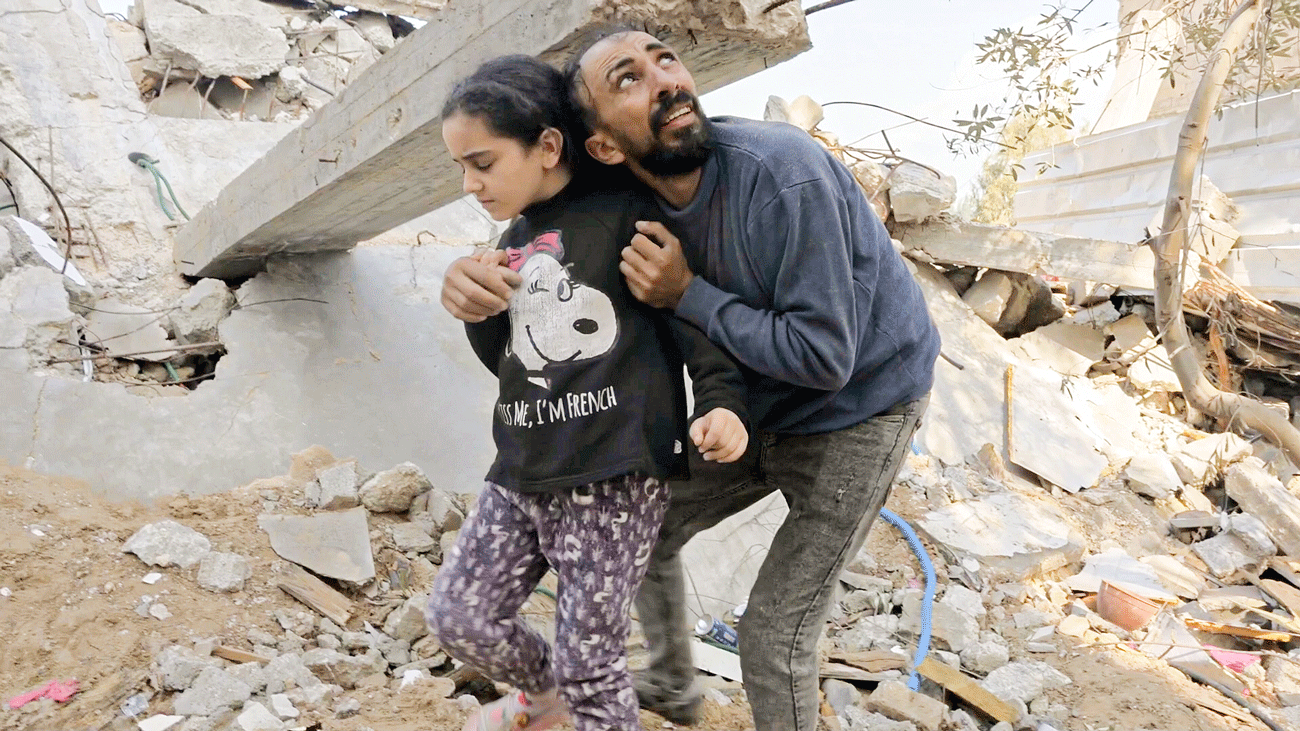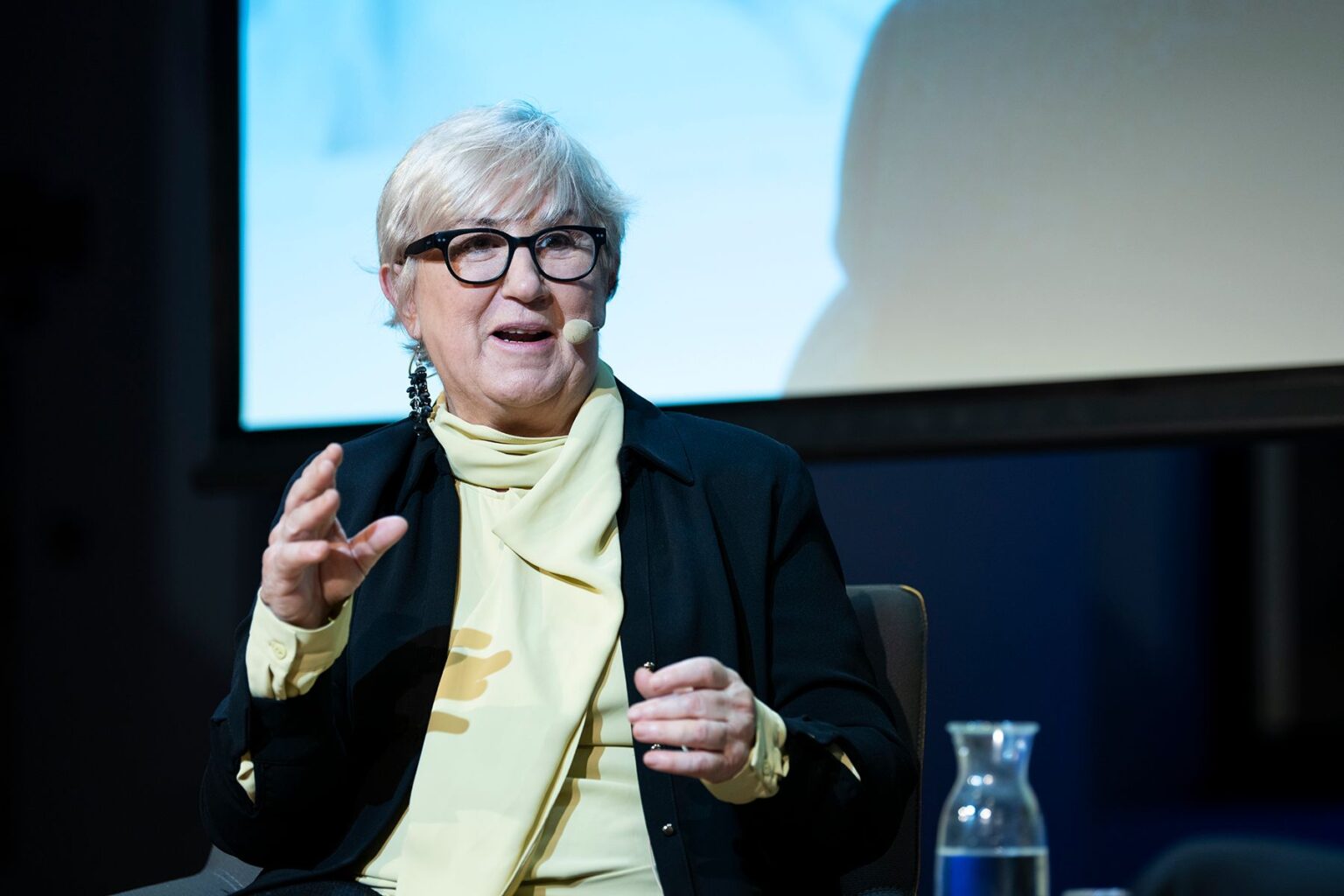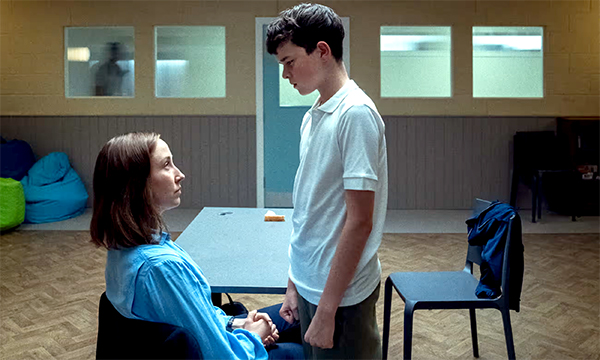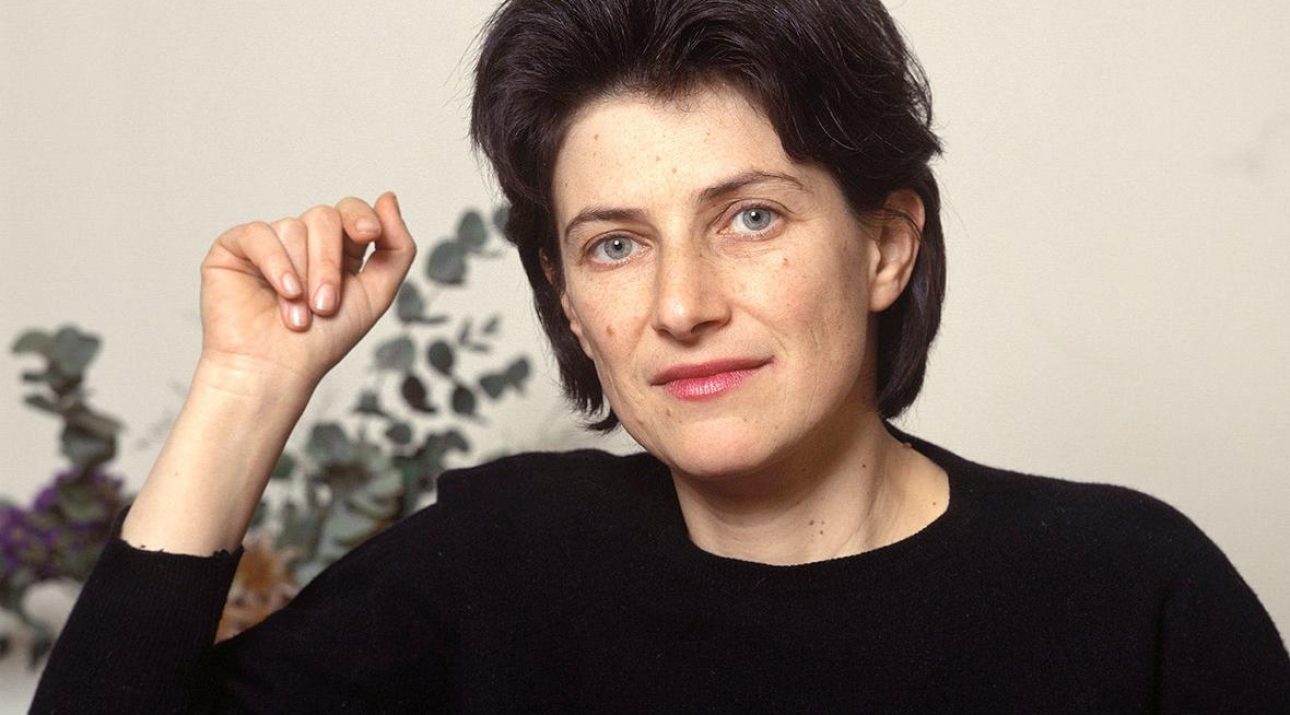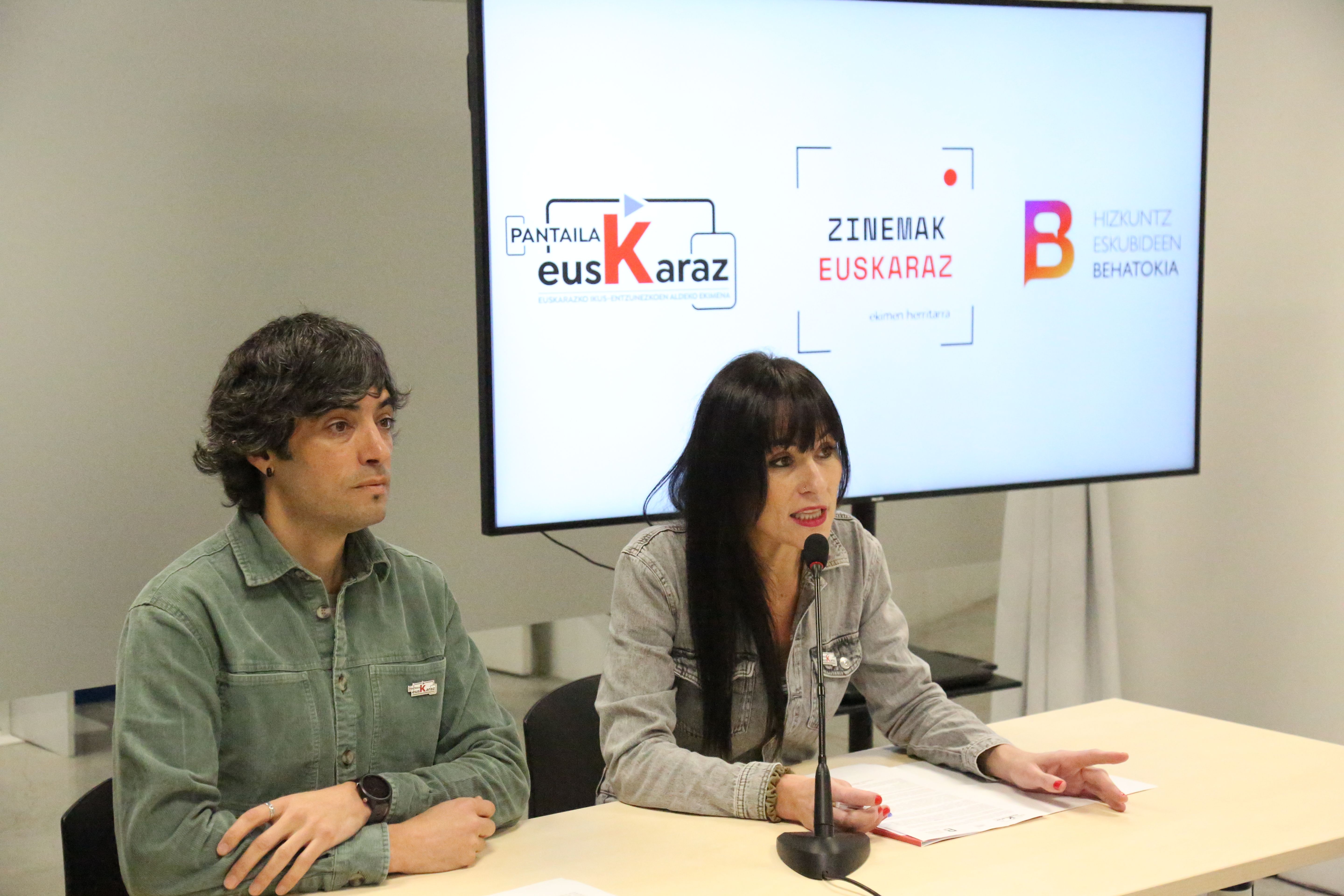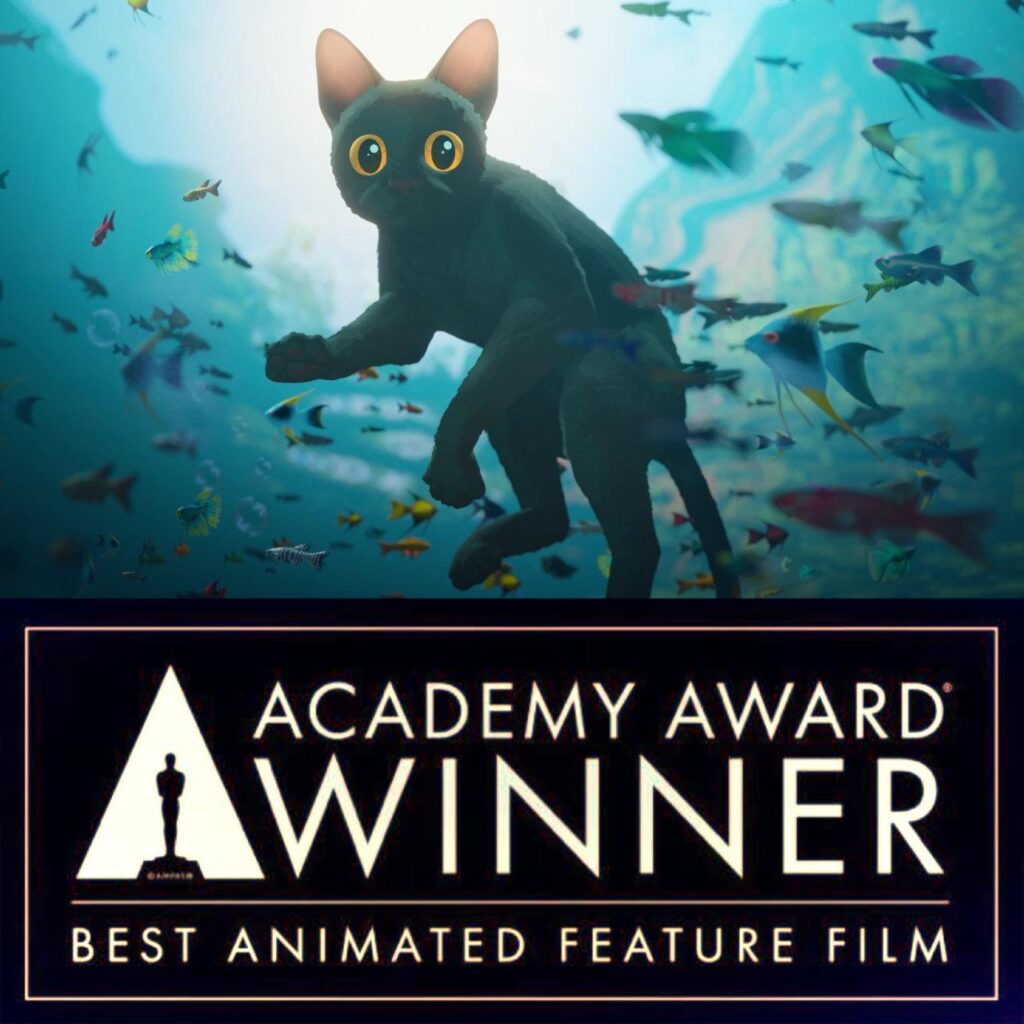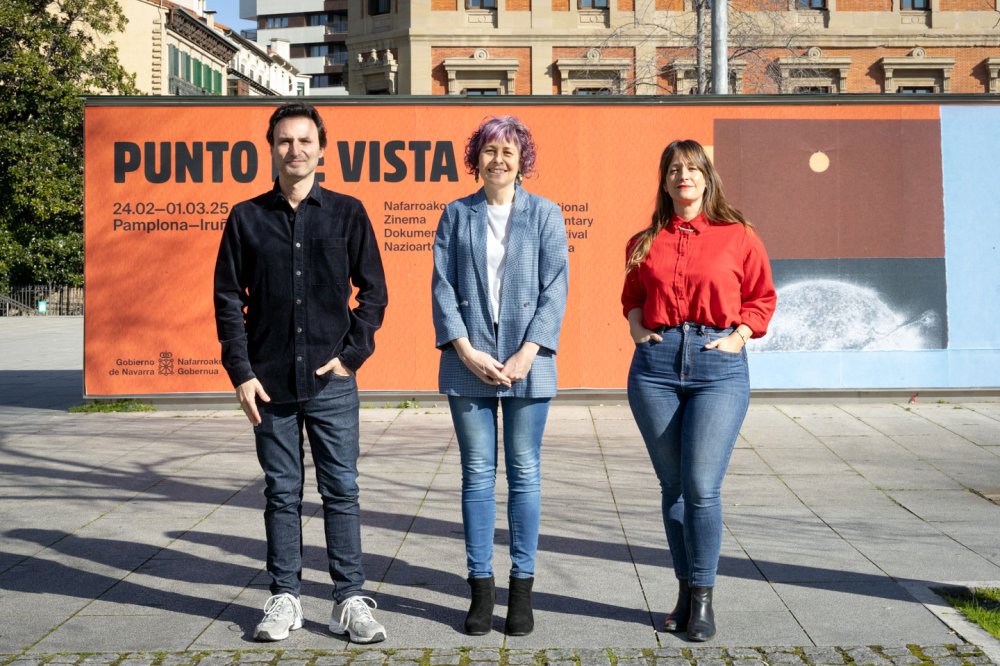"I like to make films inspired in my country"
- The Basque Film Library has published a book on the Alsasuarra filmmaker Helena Tabena and has organized a retrospective of her work that will be seen in Donostia and Bilbao.

He lived his childhood and youth in Alsasua. And he recognizes that this has influenced his trabajos.La Filmoteca Vasca has received the works of the filmmaker Helena Taberna and will project them until December in the Tabakalera room of Donostia-San Sebastián. In addition, this week the Filmoteca has evicted its seat at the Museum of Fine Arts in Bilbao and will look back at the Taberna.
The Filmoteca has organized a retrospective. How do you feel?
I am very happy. Everything goes well. It means I did things right, I saw their films echoed, and I knew they still matter. I feel that what I have done is not insignificant. The first performance was Yoyes, last Thursday, and the room was filled. I didn't stop until the end, but they told me that until the last credit, everything was quiet. On the second day I met the Polish filmmaker Agnieszka Holland. I really like it because Holland is a very deep director.
They've also published a book.
Carlos Roldan is the author of the book: Hori, amets. In addition to the analysis of my films, there is also a dialogue. I know Carlos before I start making movies because we're film enthusiasts. We stopped for coffee and talked about movies. We have done the same to make the book, we have been seven evenings and from my work we have done a review from the first short film to the last feature film. We've also talked about childhood. It's been very nice. It's legible. It has an academic section, but it's not like those big academic books. It's very deep in appearance, but not in content. It's also stimulating, because my career is stimulating. I had things against it, and I kept walking.
What's your style like?
I like to make movies based on the reality of my country. In addition, I also like to have contributed to the transformation of the country. My tool is cinema. This can also be seen in the early films: You can see the feminism that emerged from Altsasu Sakona or the social justice of her uncle Marino. I tell things that really stuck with me in Altsasu, my childhood and my adolescence. The people in which we are educated are very important because they mark us. For me, film aesthetics is also very important. Beauty and poetry have to be part of a movie theater, you can't just show the story.
You tell real stories.
I like stories that force me to dig deeper. Today the news is very fast and I do not trust the headline. Cinema has this advantage, you can see the process and learn from the process. So while you're documenting yourself, you're studying and then it can be shown in the movie. I combine my two passions: film and storytelling. Both relate to human issues. However, my film is not a pamphlet. I show the facts, that information is organized and I create a story. In Nagore, for example, I have only shown what the judges have said. Then viewers decide if they want to go deeper. I want questions to be asked after seeing the story. Don't stay with the first news they hear, because life is much more complex.
Have you noticed that your style has changed or developed?
Through the dialogue and analysis of Carlos I have seen that there is coherence and continuous development. There's also the permanent risk. In fact, I like to try new things, risk and put new challenges. These are the ones that stimulate creativity and life, and I think that's how it should be. Cliff, my last feature film is different, and a critic told me that it's different, that it touched gender, that the film was more mature and was very well shot. But he also told me that it looked like the usual obsession, and I think it comes from Altsasu because it has to do with our crew culture: how to reconcile personal freedom and be part of a group. Individual freedom is violated by belonging to a group, but at the same time, the group helps you and gives you warmth. This exercise is often seen in my movies, also in my personal life. When we were preparing the film, we talked about sects because we're surrounded by sects: a couple relationship can be a cult, the relationships that are created in the crew... It is also seen in the stories of Yoyes or Marino Ayerra, who needed to be free but who, at the same time, needed the group.
He has confessed that he did autoestop to go from Alsasua to the Festival. Did you want to be a filmmaker from a young age? As
a child, I didn't even think I wanted to be a film director, because the world was very limited. Today it's different, my friends' daughters say they want to make movies because they have referents. They were not there before. But I loved cinema.
The world of film, like any aspect of society, is very masculinized, even more so when you started. Was it hard to get in?
The view of the women remained silent. Also in literature. There is still no great list of outstanding filmmakers or writers. And it's important that they be referents. They shot a film by filmmaker Agnieszka Holland at the Women's and Film Exhibition in Pamplona, and when I saw his film, I thought it was the film I wanted to make. And it was possible to make a big movie. So we need an engine, we need benchmarks. The same is true of writers. Feminism has done a great job of bringing up stories and characters. For example, Emiliana de Zubeldia. He was a composer a century ago and traveled the world. If she did, how would I not do it?
What is the current situation like?
He's still masculinized. Making a movie costs me life. After doing Yoyes, because he had a great success and won prizes, I thought only my next film would be sold. The producers in Madrid told me that it was a very good prime opera, to see how I did it. And I believed that, like my friends, men, it would be easier for me to have everything. That there would be a producer proposing to do any work. But I've had to look for life, I've had to create the producer, and in addition to writing and directing, I do the hardest thing: get funding.
They wrestled non-stop.
Yes, always fighting. But we're at a good time. We're at a time of a lot of energy. 2018 has been a year full of clarity in the development of feminism. When we founded the association of CIMA filmmakers, people didn't even imagine that this moment had come. Hollywood women have our same speech. The artists of Madrid are also moving. The word feminist was a word not so insulted, and today it is used. When I was presenting a film and being asked about it, I was saying it with my little mouth because I could lead it to the film's failure. But in a very short time it has taken a lot of strength. And we must continue.
Double retrospective The Basque Filmoteca has organized a retrospective dedicated to the Helena Tavern. Last week there was the screening of the film Yoyes, a co-production between Tabaerna and Agnieszka Hollande. All proceedings shall be presented: "When I got the screenings, I told them I didn't know who was going to come, because my films have put on television many times." However, the first instalment of the retrospective was very successful. "When I presented Yoyes, the theaters in San Sebastian didn't want to project. The premiere was in Bilbao. Then, it was screened in iconic theaters in San Sebastian." La Taberna knew she had a "good" and "strong" job. In Tabakalera, Donostia, Thursday, October 25, Thursday, 15 November. Thursday, 6 December, Friday, December 14, 20:00 20 December, Thursday, 20.00 Museum of Fine Arts of Bilbao Saturday, 20 October, 19:00 Saturday 3 November at Saturday, November 17, 19:00 8 December, Saturday at Saturday, December 15, 19:00 |
This interview was posted by Guaix and we brought it thanks to the Creative Commons license.
No other land dokumentalaren zuzendari Hamdan Ballal kolono sionistek jipoitu zuten astelehenean bere herrian, beste hainbat palestinarrekin batera, eta Israelgo militarrek eraman zuten atxilo ondoren. Astarte goizean askatu dute.
Donostiako Tabakaleran, beste urte batez, hitza eta irudia elkar nahasi eta lotu dituzte Zinea eta literatura jardunaldietan. Aurten, Chantal Akerman zinegile belgikarraren obra izan dute aztergai; haren film bana hautatu eta aztertu dute Itxaro Bordak, Karmele Jaiok eta Danele... [+]
35 film aurkeztu dira lehiaketara eta zortzi aukeratu dituzte ikusgai egoteko Euskal Herriko 51 udalerritan. Euskarazko lanak egiten dituzten sortzaileak eta haiek ekoitzitako film laburrak ezagutaraztea da helburua. Taupa mugimenduak antolatzen du ekimena.
Pantailak Euskarazek eta Hizkuntz Eskubideen Behatokiak aurkeztu dituzte datu "kezkagarriak". Euskaraz eskaini diren estreinaldi kopurua ez dela %1,6ra iritsi ondorioztatu dute. Erakunde publikoei eskatu diete "herritar guztien hizkuntza eskubideak" zinemetan ere... [+]
Geroz eta ekoizpen gehiagok baliatzen dituzte teknologia berriak, izan plano orokor eta jendetsuak figurante bidez egitea aurrezteko, izan efektu bereziak are azkarrago egiteko. Azken urtean, dena den, Euskal Herriko zine-aretoak gehien bete dituztenetako bi pelikulek adimen... [+]
Otsailaren 24tik eta martxoaren 1era bitartean, astebetez 60 lan proiektatuko dituzte Punto de Vista zinema dokumentalaren jaialdian. Hamar film luze eta zazpi labur lehiatuko dira Sail Ofizialean; tartean mundu mailako lau estreinaldi eta Maddi Barber eta Marina Lameiro... [+]
A conference for architects has just been held in Madrid to discuss the crisis of the professional architect. They have distinguished the traditional and contemporary way of being an architect. What is traditional? From the epic architect who appears in The Brutalist, where... [+]









